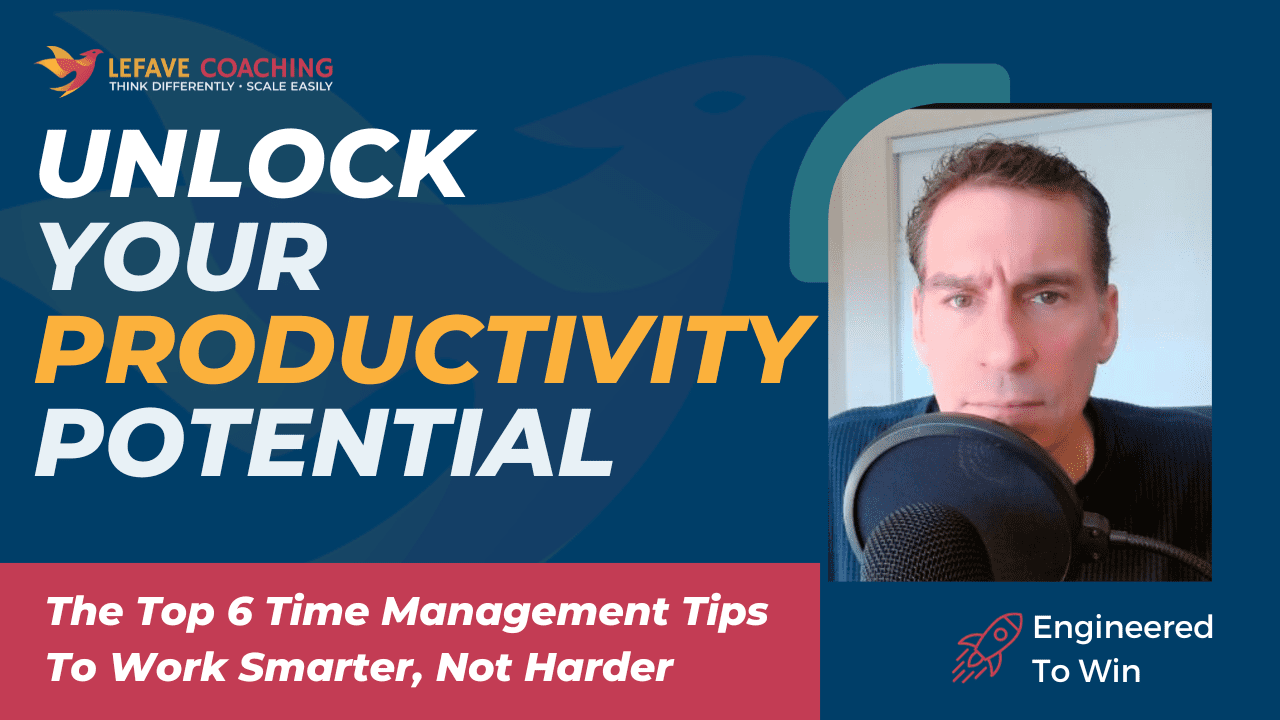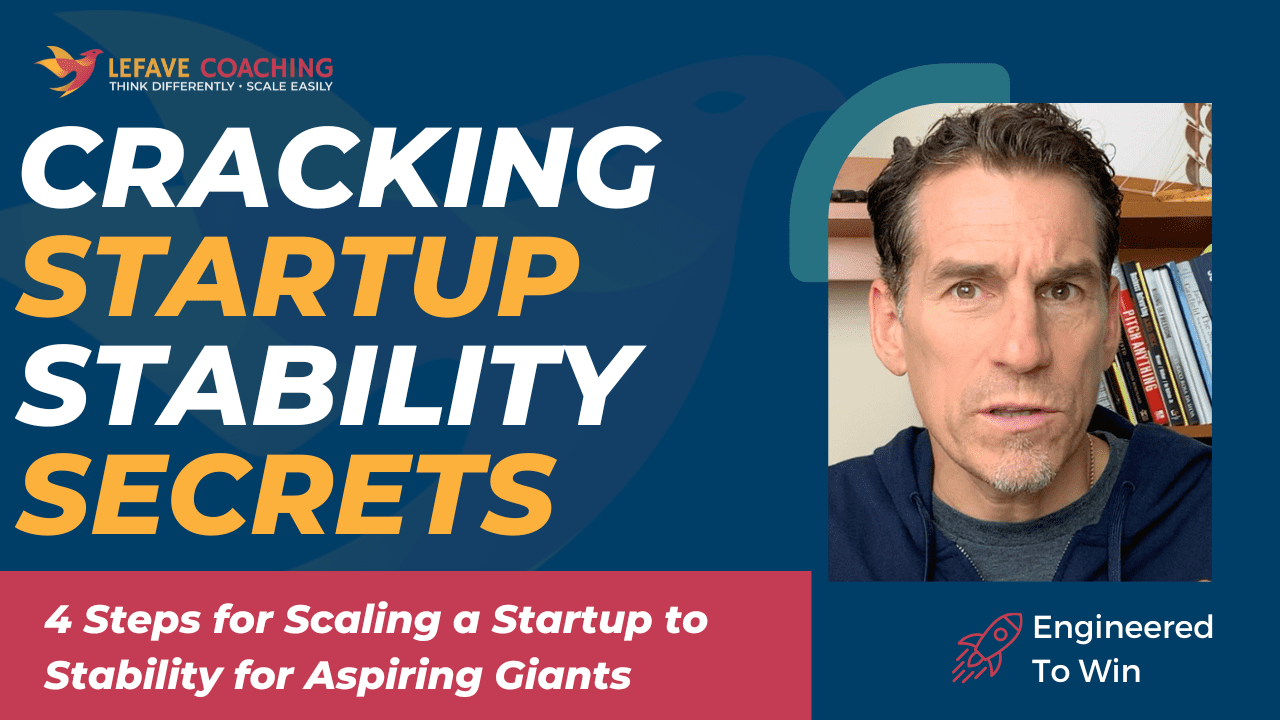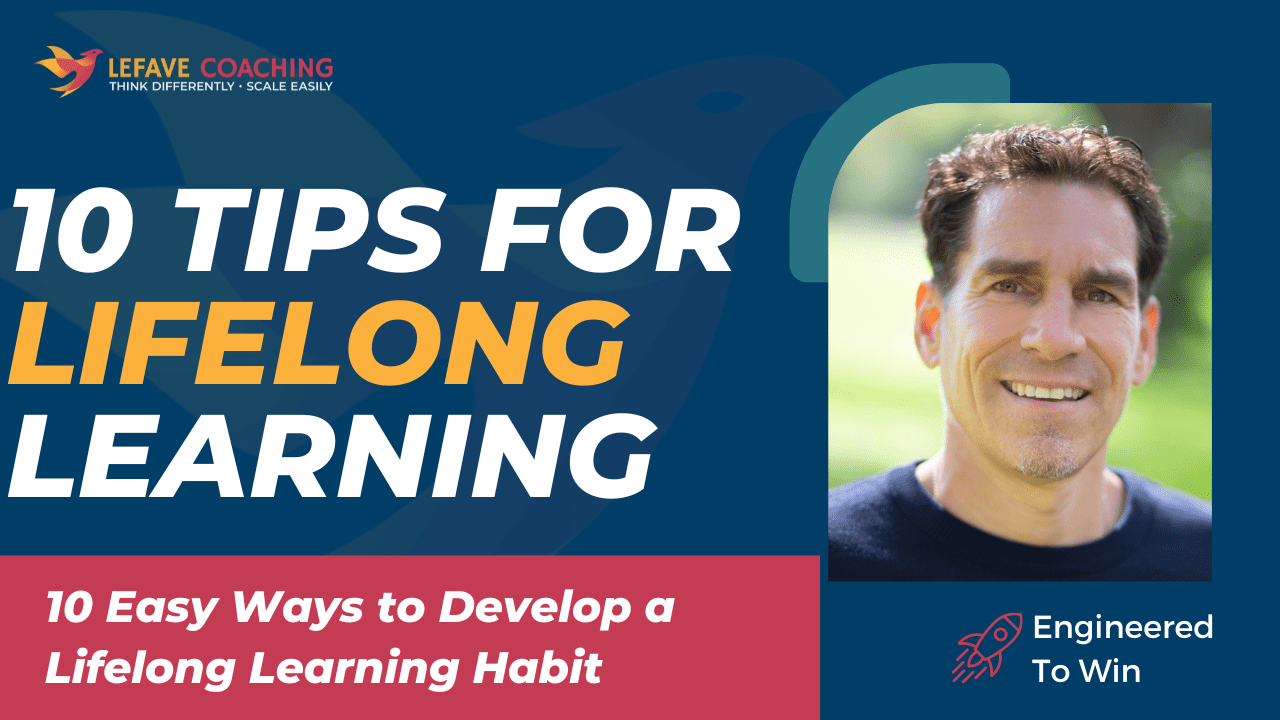Research about why humans fail at achieving their goals has been around since the 1970s, but you probably haven't heard about it. There is a ground-breaking study that proved why most people don't even get 25% of their goals completed before quitting.
Plato said, know thyself and has was right. If we understand our patterns and biases, we can overcome our natural tendency to be comfortable and realize our goals. The system that solves why our goals fail is called the emotional cycle of change (ECOC). The ECOC was discovered and created by Don Kelly and Daryl Connor.
They recognized common patterns that we go through whenever we begin working towards a new goal. Everyone goes through the same cycle every single time we try doing something new and outside of our comfort zone.
There are only five stages to the cycle, yet most people don't get past stage two or three. All of us begin our journey on this cycle with a newfound excitement for the goal that we want to achieve. Whether it's losing weight or starting a new business, we all start with uninformed optimism.
We imagine all the benefits of our goal before we have experienced any of the costs. This stage is fun and exciting because we only see the good things to come and none of the downsides. The goal exists in your mind as you visualize the new level of results you desire.
Maybe somebody planted a seed inside of you like Bob Proctor did with me 8 years ago. He thought that I would make a great business coach and he planted in my mind. He was right! And now I am creating online courses and helping entrepreneurs grow and scale their business around the world.
Unfortunately, this stage doesn't last very long. As you realize what it takes to make the change, your positive attitude can fade fast. When that happens, you drop down into stage two, informed pessimism. We are not aware of how to make the change, so guess what, we start going downhill because of fear and doubt.
This stage is a negative emotional state where the benefits don't seem so real anymore. The costs of change become clear and your goal suddenly doesn't appear important or immediate. You start to question whether the change you want to make it worth the effort. You begin to find reasons for giving up and quitting.
The third stage is where things can get worse, which is why it is called the valley of despair. At this point, we start to feel the pain of change and minimize the benefits. We become so uncomfortable that we are willing to go back to the way we used to be. After all, we rationalize that it wasn't so bad before. This is when we start to feel the weight of our considerations, fears, and perceived roadblocks.
We need to realize that we are stuck in our comfort zone. Its the little box we stay inside all the time. If you don't get outside of the comfort zone, you don't get to see what it's like outside the box. So, we get stuck in our comfort zone and we don't do anything. Then years go by and we regret it. The number one regret that people in hospice have is dying without doing the things they desired.
If you quit in the valley of despair, you go right back to stage one, which is a lot more appealing than being in the valley.
We mustn't begin the process of changing before creating a compelling vision. We all have had times when we wanted something so badly that we were willing to pay almost any price to get it. Maybe it was your first home, maybe it was starting your first business, or maybe it was pursuing your purpose in life.
Whatever it was, you wanted it badly enough that you willingly paid the price of your own comfort to get it.
The fourth stage is informed optimism. You have a greater likelihood of succeeding at this stage because you have climbed back to the positive emotional phase of the cycle. This is where you start to see evidence of your actions. This is where the cost of change begins wearing down because of the new thoughts and actions you have been practicing. The important thing is that you continue to persist and don't stop!
In the fifth and final stage, success and fulfillment, the evidence that you have created with your new behaviors are fully experienced. The cost of change is virtually gone. The actions that you had to take to get out of your comfort zone at the beginning that were once difficult, have now become normal.
Each time you complete the cycle, you're not only expanding your capacity, but you also increase your confidence. Once you have built the mental and emotional muscles you need to complete the cycle, you can move onto the next change with greater assurance of success.



